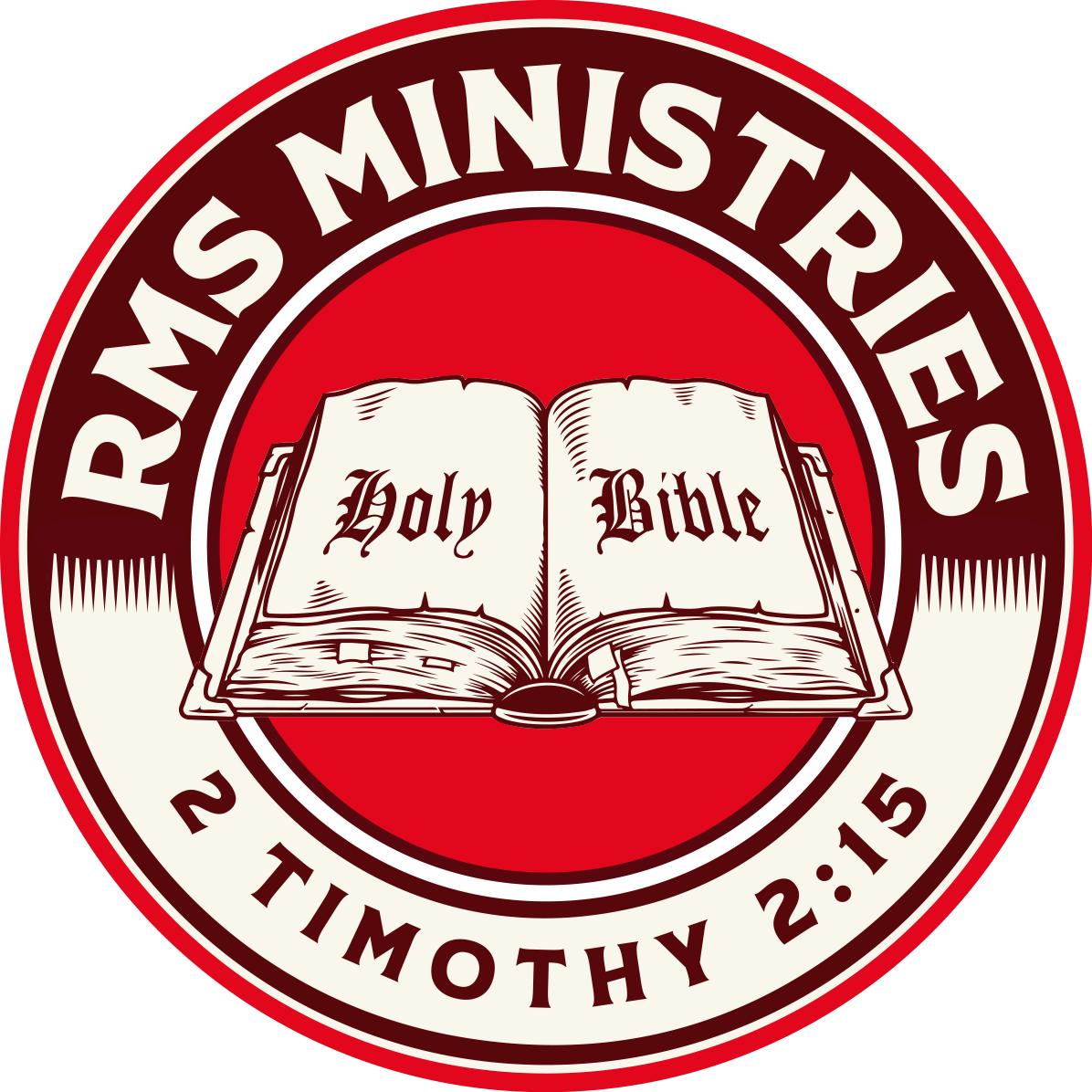
The Acts 28 Dispensational Boundary (pt 1)
Failure to correctly partition Scripture is a source of innumerable confusions
Throughout the history of “Christendom” there has long been recurring debate and dispute regarding doctrinal issues. Issues regarding ordinances such as water baptism and the Lord’s Supper, the proper place of supernatural sign gifts, and the body of Christ’s relationship to the New Covenant are all well-worn battlegrounds of theological warfare.
The ecclesiasticist who has leased his mental faculties to Rome, Constantinople or any other fleshly organization has at the outset disqualified himself from the inquiry, having predetermined to accept the dictates of his favored party (Mk 7:7, Col 2:8). The final word on theological issues must be settled by appealing to that which God has spoken and provided to us, for there can be no higher authority than the very words of God (2Ti 3:16-17, Mt 4:4).
It is therefore the business of God’s people to search and study the Holy Scriptures (Ac 17:11), bringing into harmony every doctrine, practice and manner of living with them. The man of God must accordingly study and rightly divide (2Ti 2:15). It is only through the diligent and accurate application of Holy Writ that Christians and the various theological issues plaguing Christendom can be perfected.
Acts 28 - a dispensational boundary line
Recognizing the dispensational boundary of Acts 28 is the keystone to resolving these issues. The dismissal of Israel as a nation before God and the subsequent mystery revealed to the Apostle Paul (Eph 3:3, Col 1:26-27) are the hallmarks of God’s present dealings with mankind and are therefore of paramount relevance. Understanding the dispensational boundary of Acts 28 brings clarity to the truths of this age and is of foundational importance to proper ministry in this current dispensation.
It is evident that the current program of God’s dealings with man began historically at the close of the book of Acts. The Apostle Paul having quoted Isa 6:9-10 for the last time, the Jews departed and had great reasoning among themselves (Ac 28:25-29).
What was true of those specific Jews in Paul’s lodging holds a more universal significance, for it is clear that following this final pronouncement of blindness that the Jewish nation of Israel as a whole forfeited their dispensational vantage before God which they had held throughout the period covered by Acts.
This would be further evidenced in the pages of history with the siege of Jerusalem by Titus in 70 AD. It should be also noted that the phrase, “great reasoning among themselves” is the most succinct definition imaginable of Talmudic Judaism existing today.
With Israel pronounced blind and having entered a Lo-ammi (not my people) (Hos 1:9) state before God, the earthly program of God’s kingdom which Jesus, the twelve apostles, and the Apostle Paul up until that point had heralded, was by necessity suspended. Only then did God reveal the mystery dispensation that characterizes the past two thousand years.
God’s revealed program prior to the revelation of this mystery in no way prescribed or predicted the creation of a joint body church seated with Christ in heavenly places (Ep 3:8). The culmination of God’s revealed program was always the reign of Christ in a kingdom upon the earth where Israel was uppermost among the nations (Ac 1:6, Mt 19:28, Ac 3:21, Ac 28:20).
The second coming of Jesus Christ to establish His kingdom in full and the resultant channel of blessing to the nations (the Gentiles) was conditioned upon the repentance of Israel. With Israel set aside and in blindness, that channel of blessing and the hopes and promises associated with it were likewise set aside.
Throughout the book of Acts the nation of Israel stood as God’s people, though only a remnant believed. Unbelieving Israel was broken off as branches of the olive tree, and wild “gentile” branches were grafted in to provoke the unbelieving Jews to jealousy. These gentile branches partook of the “root and fatness of the olive tree”, meaning the covenant blessings of the nation of Israel.
In contrast, the one new man of Ephesians 2:15, is a joint body of Jew and gentile that receives all spiritual blessings in heavenly places. This was unforeseen by the prophets and untraceable in the pages of previous Holy Scripture. The one new man of Ephesians cannot, if language is a sufficient vehicle for revelation, be synonymous with the olive tree of Romans. Regardless of ecclesiastical tradition, a new man cannot be conflated with an existing tree.
The creation of this one new man and the mystery revealed to the Apostle Paul during his prison ministry logically occurred following Acts 28. God is no longer grafting wild gentile branches into a Jewish olive tree to provoke unbelieving Israel to jealousy. Rather, salvation is sent unto the gentiles equally with no dispensational advantage whatsoever for the Jew. National Israel, regardless their political standing, is numbered among the other gentile nations before God.
Ordinances and practices pertaining to Israel and her earthly kingdom hope therefore have no rightful place among the church of the mystery (Col 2:20). The long and tumultuous history of “Christendom” is one largely of confusion brought on by failure to see this fellowship and its corresponding dispensation.
Recognizing the import of the administrative change ushered in after Acts 28 resolves this confusion and brings clarity to the whole of God’s word. This is called a "dispensational boundary" for it marks a dividing line between God's revealed program and God's mystery program.
It is the tendency to cross back behind the Acts 28 boundary and appropriate practices belonging to a previous dispensation that has brought on so much of the confusion in Christendom today.
